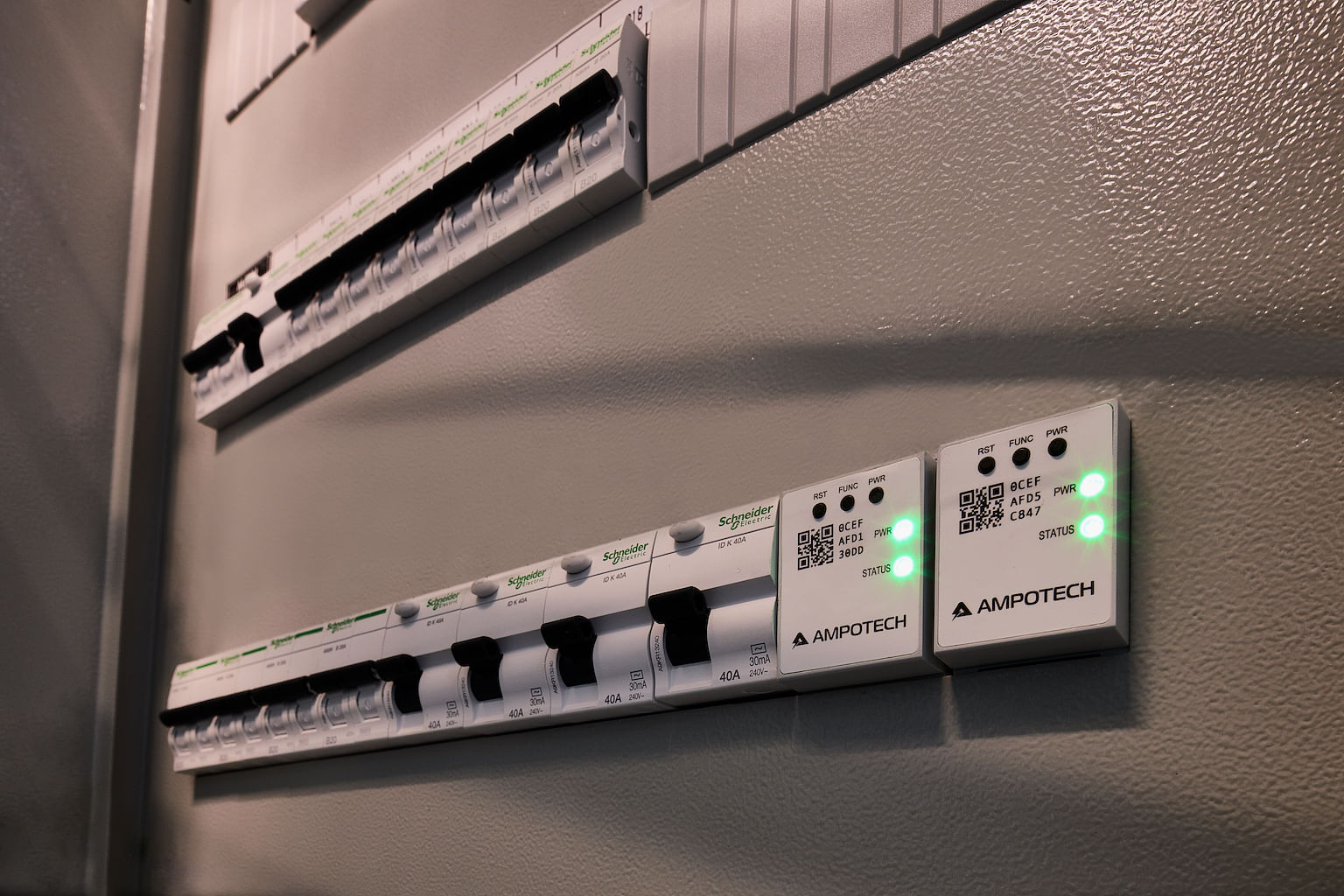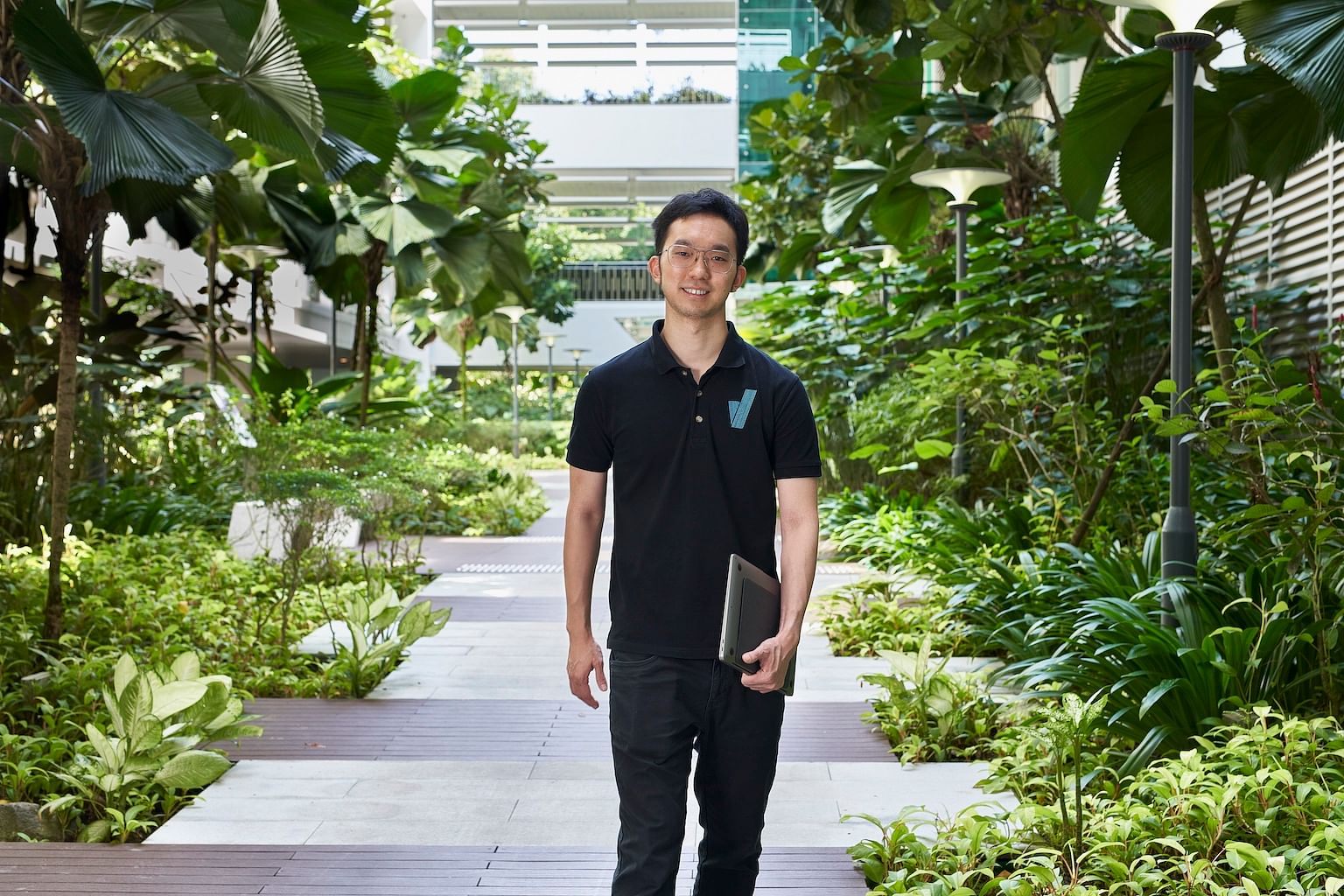Dealing with climate change may seem like something that requires global action, but this company believes every person can lessen their impact with their tech innovation.
You may look for the energy star when buying appliances, replace lights, and use renewables, but have no idea how much carbon footprint you are actually reducing.
A pilot project tracking local carbon emissions, between sustainability business Evercomm and the Pan Pacific Hotels Group, aims to keep you informed about how you’re helping to protect the environment on your next staycation.
In the near future, guests at the group’s hotels in Singapore will get a breakdown of their electricity and water usage, and resulting carbon dioxide emission, at the end of their stay.
With this awareness, Mr Ted Chen, 32, Evercomm’s co-founder and chief executive, says: “We hope that this will motivate people to make simple changes to limit their carbon footprint.”.
His keen interest and desire to develop ways to conserve energy started in his years as an undergraduate at Nanyang Technological University (NTU) in the late 2000s. He and his fellow electrical engineering coursemate Phyo Ko Ko took part in hackathons on energy management, where the idea for their business evolved. Mr Chen and co-founder and chief innovation officer Mr Phyo, 37, set up Evercomm in 2013.
“I was interested in sustainability and engineering, and it made sense to try and merge my two passions,” Mr Chen shares.
With advice from NTUitive, the university’s innovation and enterprise incubator, they refined their pitch and landed GlobalFoundries as their first customer in 2013. Still, the company’s early years were a struggle.

Mr Chen recalls: “Sustainability was not mainstream back then. The only firms that showed some interest were the large industrial entities – semiconductor firms, data centres, high-end manufacturers – because they used a lot of energy and could cut costs. Even then, it took a lot of convincing because they were not sure the effort would be worth the savings.”
Evercomm offered free trials of its technology that lasted four to six months, to prove its value proposition. “The moment we showed them the data from their production floor, how much wastage there was and how much they could save, most of them came on board.”
Of software and sensors
Since then, Evercomm has helped hundreds of companies to find cost-effective ways to minimise their energy, water and other resource use, averting four tonnes of carbon emissions annually. Evercomm has offices in Singapore, Malaysia, Thailand, Myanmar and Taiwan, and counts semiconductor giant GlobalFoundries, the National Dong Hwa University in Taiwan, and the General Electric conglomerate as its clients.
“We use sensors and artificial intelligence to answer three essential questions for firms: how much they are consuming, how much they actually need, and how much they are wasting. It is amazing how much you can save just by optimising existing equipment,” he explains.
The Singapore government has lauded the firm for “addressing global problems such as food wastage, climate change and excessive energy consumption”.
As the company sought to win clients, it worked on improving its offerings.
“At the beginning, we had analysts who studied the collected data to make cost-cutting recommendations, but we realised this was not so scalable, so we invested in artificial intelligence and machine learning algorithms. These can self-learn and tailor solutions for different firms,” says Mr Chen, who was named one of Forbes magazine’s 30 changemakers under 30 years old to watch in Asia in 2016, in the manufacturing and energy sector.

“For a factory that produces around the clock, our system can suggest more efficient settings for equipment that cannot be switched off. For a site that does ramp down regularly, it can optimise the production schedule to save even more electricity. There are lots of ways we can finetune operations.”
By 2019, more businesses and organisations had signed onto Evercomm’s sustainability vision.
The National Dong Hwa University, for instance, has saved between five and 10 per cent in its electrical consumption by using Evercomm’s energy analytics system.
“By combining software and sensors, we can track, among other things, how much cooling a room needs, and adjust the cooling system’s air flow and temperature,” Mr Chen says. The firm is currently replicating its approach for Thailand’s Chiang Mai University.
Building a better future
While the Covid-19 pandemic threatened to derail the company’s growth, it surprisingly accelerated it instead.
Mr Chen elaborates: “The start of the pandemic was difficult. Many of our hospitality customers were out of commission, and even manufacturers weren’t thinking about optimisation anymore.”
Evercomm pivoted to marketing its systems as digital solutions for firms trying to cope with manpower restrictions. Food businesses used its monitoring technology to keep tabs on the temperature of their warehouses, cold rooms and freezer rooms, so they did not have to deploy staff to check and record the temperatures every few hours.

With the pandemic raising awareness of sustainability issues, and governments worldwide committing to green development plans, however, demand for Evercomm’s services not only recovered but soared.
“Before Covid-19, we were signing seven to 10 customers per year. Last year, we had nearly 70 new customers. It’s clear that there has been a big change in the attitude towards sustainability,” Mr Chen says.
How greener buildings can limit climate change
Sources: Global Alliance for Buildings and Construction and Building and Construction Authority
The company has found a new niche too, in helping firms to collect and verify the data that they need to apply for green loans from banks and other institutions. It also co-founded CO2 Connect, an online platform launched in October last year, to enable small and medium enterprises to easily track their carbon footprint for benchmarking, green certification and other purposes.
Mr Chen, who has consulted for and partnered with the United Nations Development Programme on several projects, including advising the Philippines government on how to promote green financing, stressed the importance of advancing sustainability.
“If you look at the Asia-Pacific region, we are not on track for any of the United Nations’ Sustainable Development Goals. None. The impact of climate change is only going to get worse, and more countries, more people and more businesses will be affected,” he says.
“We need to do more to support a grassroots approach to sustainability, so that everyone is involved in protecting the planet for our future.”
We The Earth is a partnership between The Straits Times and Rolex and its Perpetual Planet initiative. Mr Ted Chen from Evercomm is a stellar example of the many individuals who are doing their part to solve the issues earth faces.

